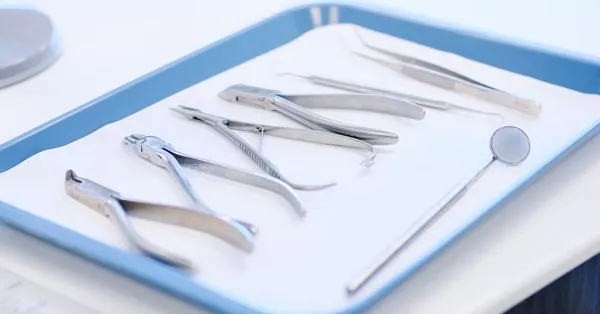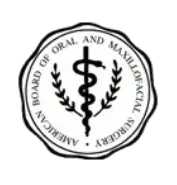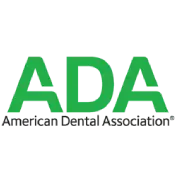Five Tools Everyone In the Oral Surgery Industry Should Be Using
By: Dentaltown
The dental industry is innovating, too! As a product of innovation, we've got 5 recommendable tools to perform oral surgery. The Woodview Oral Surgery Team
Dentists usually have their own clinics and private practices, and in these clinics, they have all the tools they need to treat their patients. Apart from general and cosmetic dentistry, one of the most often sought service of a dental professional is surgery. Procedures, such as root canal, tooth extraction, dental implantation and severe gum disease treatment are all considered surgeries. Good dentists are always prepared for emergency treatments, which means their clinics carry the complete set of oral surgery equipment.
If you want to be the top emergency dentist Chicago, here are the essentials that you must have in your clinic when performing oral surgery.
-
Root Canal Aspirators
These are the tools used for cleaning out the root canals during the root canal procedure. They are small handheld devices which are attached to a hose. Aspirators come in a range of sizes and curvatures to ensure that the tip is a perfect fit for the tooth being treated. Aspirators are inserted into the root canals to remove the infected areas and clean out the debris. Once emptied, the canals will be disinfected and filled with gutta-percha.
-
Surgical suctions
Suctions are used to remove water, saliva, blood and other debris on the surgical site. Suction tips also come in different sizes and designs to fit every patient's needs. Removal of debris is necessary to avoid the spreading of infected matter, particularly blood.
-
Irrigation Instruments
These syringes are filled with a saline solution to clean and disinfect the surgical site during the actual operation. The needles used for these syringes also vary depending on the location and depth of the surgical site.
-
Hand tools (forceps, rongeurs, hemostats, burs, elevators, scissors, scalpels, and curettes)
Probably the most important tools of all, hand tools are what enable surgeons to perform the operation gracefully. All of these hand tools come in numerous varieties that depend on their purpose. Forceps are used to pull out or hold teeth, gums, and tongue. Rongeurs are like pliers that cut the teeth, instead of scrape them, making interior cleaning faster and easier. Hemostats are used to stop bleeding and have a similar appearance to forceps. Burs are small drills used to remove tooth mass, especially when cleaning out cavities. Elevators are used to pull up or elevate the tooth for extraction. Scissors are used to cut through tissue, whether on the gums, cheek, or tongue. Scalpels are used to make incisions when necessary, such as when removing an abscess. Curettes are used to scoop out tissue mass, often for biopsy or further examination.
-
Needles, needle holders and dressing
Needles and needle holders are used to close the surgical site. Needle holders look like small scissors with tight plier-like tips to hold the needles steadily. Surgical needles are curved to easily make sutures around the surgical site. Dressing is used after the site is sutured so that it will be kept clean. The dressing can be applied with a disinfectant-like betadine to prevent infection.
Oral surgeons use many other tools to perform their operations, such as:
- Binocular loupes. Goggle-like lenses with lights to enable dentists to see the surgical site.
- Bone files. Used to scrape rough edges on bones to smoothen them.
- Retractors. Used to separate gums from tooth to enable easy cleaning. Other varieties separate the tongue from the other parts of the mouth.
- Bite blocks. Used to keep the mouth open during surgery.
- Anesthetics. Used to numb the surgical site to prevent the patient from feeling pain.
- Sedation. Used to keep the patients calm and relaxed, specifically those who have fear of dentists or dental environments.
- Antibiotics. Used before, during, or after the surgery to prevent infections.
- Electrosurgical devices. Electronic substitutes for handheld devices.
- Mouth mirrors. Used to see the interior angles of the patient's mouth.
As a dentist, you need to have all of these tools in your clinic if you want to always be ready for emergency treatment. Do you have these tools in your clinic?






5 Stars
based on 48 reviews
5 Stars
based on 15 reviews
5 Stars
based on 11 ratings